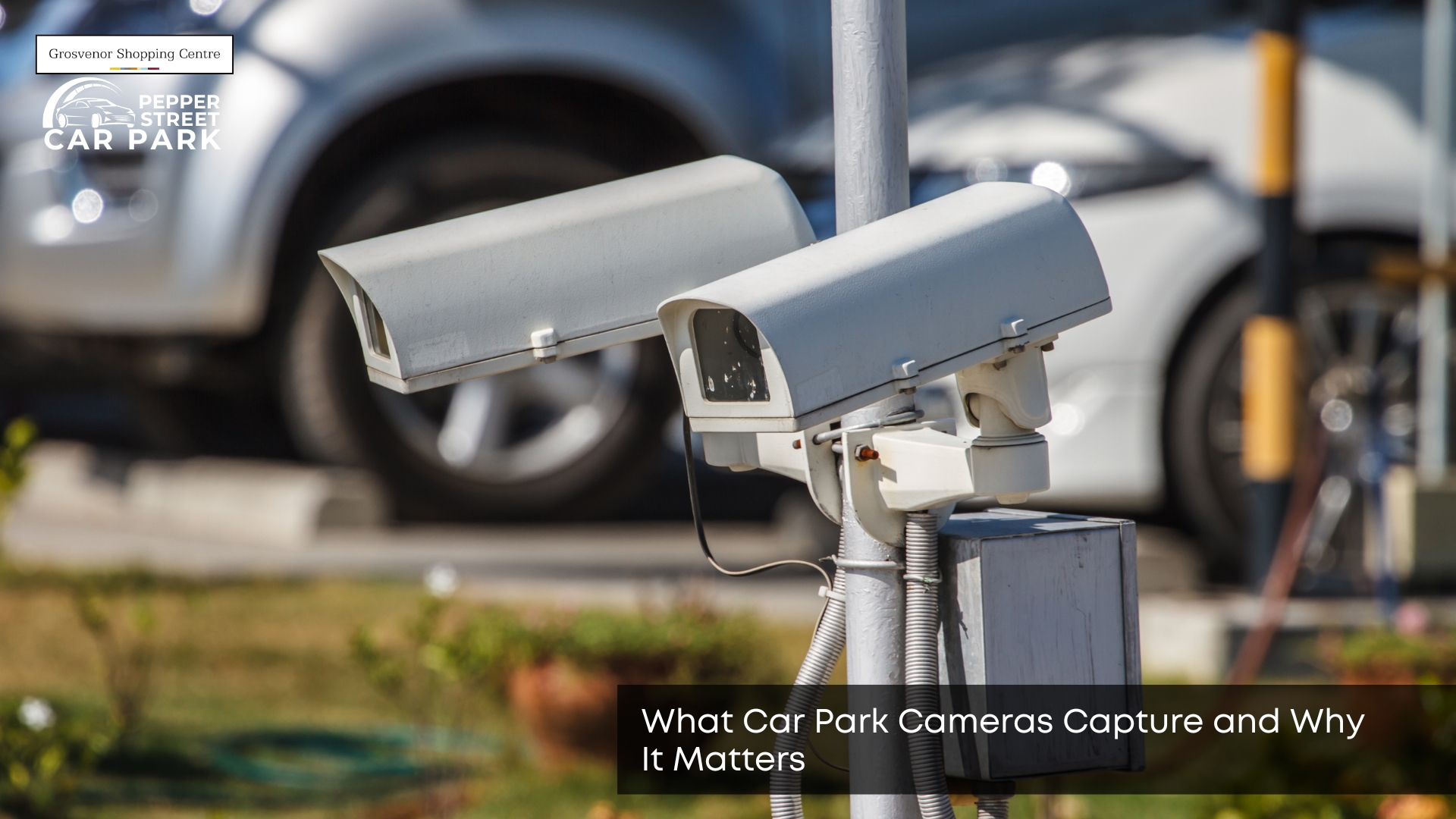Car park cameras are more than just security tools; they track movement, prevent crime, manage time limits, and help enforce rules. Whether you’re using a public or private car park, understanding what these cameras do can help you avoid penalties and protect your vehicle. Let’s examine what they truly capture and why it impacts every driver.
What Do Car Park Cameras Record?
Car park cameras usually record vehicle number plates, entry and exit times, and general footage of the car park area. Most systems use CCTV or ANPR (Automatic Number Plate Recognition) to log who comes in and out. This data helps monitor traffic flow, track overstays, and check for unauthorised access. Knowing what is recorded sets the stage for why that data matters.
Why Is Number Plate Recognition So Common?
ANPR systems capture number plates to automatically register vehicle times without needing human input. These systems are fast, accurate, and help enforce time limits or charges in private and pay-and-display car parks. The link between number plates and parking duration makes it easier to issue fines. But it’s not just about time — it’s also about safety.
Do Car Park Cameras Help Prevent Crime?
Yes, car park cameras deter theft, vandalism, and anti-social behaviour by creating a visible presence. Criminals are less likely to act when they know they’re being recorded. If they do, footage provides evidence for the police. This added layer of protection makes drivers feel safer and more secure while leaving their vehicles. With crime prevention in mind, you may wonder about the rules governing the use of this technology.
Are There Rules About What Can Be Filmed?
Yes, car park cameras must comply with UK data protection laws, particularly the GDPR and the Protection of Freedoms Act. This means they can’t record more than necessary, must keep data secure, and should display signs to inform people that they’re being filmed. Clear guidelines are required when recording public behaviour. With these laws in place. These laws apply to public and private sites, including monitored Chester city car parks where clear signage and secure systems are standard.
What Happens to the Footage After It’s Captured?
Footage is stored digitally, often for 30 to 60 days, depending on the car park operator and reason for collection, depending on the car park operator and reason for collection, including some holiday parking spots that rely on digital records for bookings and security.. The data can be reviewed if a dispute arises or shared with enforcement teams or the police when needed. Access is usually restricted to authorised personnel. Understanding how your data is handled leads to the real-world implications.
How Can This Footage Be Used Against You?
If you overstay, break car park rules, or park without a permit, camera footage may be used to issue a fine or penalty charge. The footage offers timestamped proof that is hard to dispute. It can also support investigations in the event of damage or theft. Being aware of these uses helps drivers make better choices when entering a monitored car park.
Why Should Drivers Care About Car Park Cameras?
Drivers should care because cameras can impact their wallet, privacy, and peace of mind. Understanding what is captured helps avoid fines, supports safe parking, and encourages more responsible behavior. In today’s car parks, cameras are standard, and what they record has real consequences. This awareness is especially important as technology becomes more advanced and common across the UK. For even greater control and awareness, parking sensor systems can complement what cameras don’t see, especially when reversing or parking in tight spots.


Leave a Reply